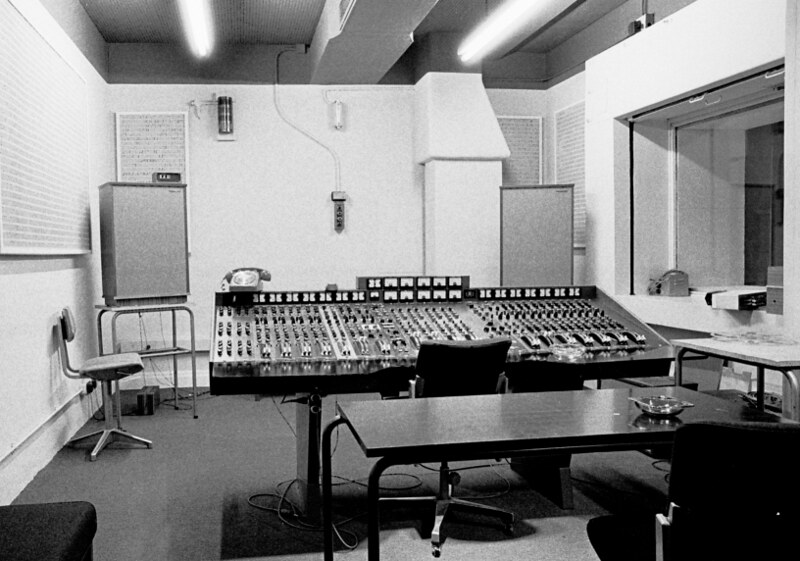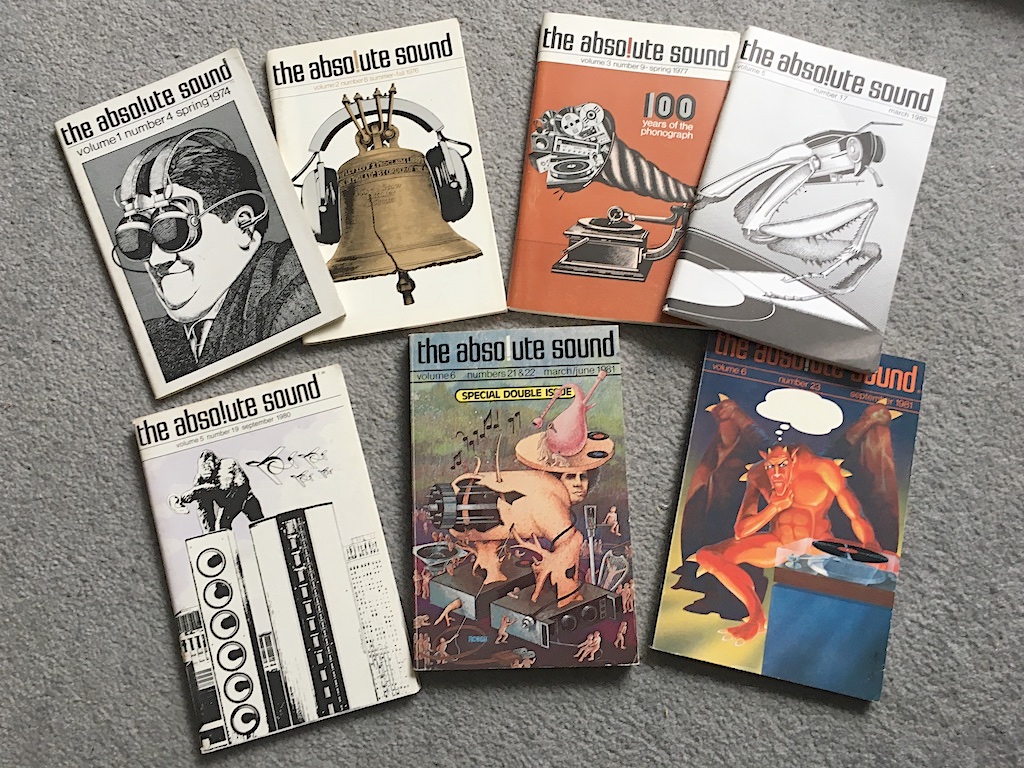The late 70's/early 80's was when the rot started.
Before that time hi fi was a technical hobby and reviewers were proper engineers whose word was law. Donald Aldous, Gordon J King, Angus McKenzie, Barry Fox, Stanley Kelly etc etc
Reason, common sense and above all science ruled the roost.
If you had suggested wires or mains or equipment supports play an important (or any!) effect you would quite rightly be laughed at... I still do laugh at such people today of course.
The problem was that sales people, marketers, took over... especially one's working out of Glasgow and Salisbury...
They made a pact with dealers and magazines etc at a crossroads one murky night which probably involved summoning the devil...
They decided far more profit could be made if everyone who knew what they were talking about was banished, everything that mattered was forgotten... and hi fi was sold in the same way as unscrupulous tailors sell clothes to mythical emperors....
It's been going downhill ever since.



